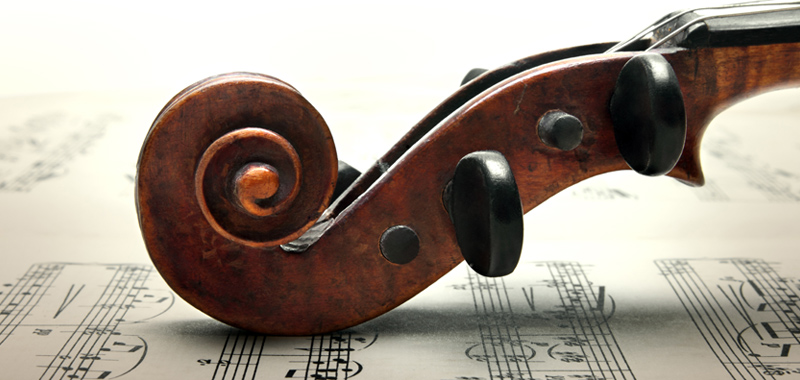
Several years ago I had the opportunity to become involved in what is, for me, a different sort of writing project – the “memoir.” Already adept at immersing myself in multiple-year research in preparation for delivering another book, the challenge of sitting down with someone and assisting them in telling their life story was an attractive alternative. When such an opportunity afforded itself, I jumped.
The name “Charlie Gracie” may not mean anything to you, but perhaps it should. In the late 1950s (after cutting his first records while still in high school) Charlie was a guitar virtuoso turned rock and roll star—as big as they came back then. Charlie’s ticket to fame (if not fortune) was his recording of a song called “Butterfly.” That tune became a worldwide hit in 1957 and sold millions of records. (You can view Charlie on You Tube performing “Butterfly” live—in retro black and white—on “The Ed Sullivan Show”)
Charlie then became one of the first American rock stars to tour Great Britain. He performed in Liverpool in ’57, where the teenage Paul McCartney, ready to form the Quarrymen with his pal John Lennon, sat wide-eyed in the audience. Charlie had a few more hit records. But after realizing he wasn’t receiving the proper royalties for them, the young singer became rock’s first true “rebel”—he threatened to sue his record company. Huge mistake! Unknown to Charlie, the record-mogul he went up against was in cahoots (as well as business) with none other than the most powerful rock and roll kingmaker of that era—Dick Clark. The result? A viciously effective radio and television blackball of Charlie’s recordings that essentially “disappeared” the talented entertainer from show business.
The challenge became a bit more daunting after Charlie and his young bride (his high school sweetheart Joan) suddenly found themselves homeless, banished by his parents from the family abode because of “ethnic” tensions. (Their son had brought an “outsider” into the family; Joan was Italian, but unlike the Gracies, not Sicilian!) Charlie refused to buckle under. He was an entertainer, and vowed to continue on—albeit now from the bottom looking up; from the outside, looking in. Charlie played local bars and corner dives (“toilets,” as he described many of them) for almost twenty years, managing to support his wife and two children. All that time, he never even thought about a day job.
Around 1979, totally forgotten in the States, Charlie was shocked to discover he still had a hard-core following of fans in the U.K. and Europe, a group that continued to revere his talents and purchase his old recordings. (In this aspect, Charlie pre-dated by decades “Sugarman” Rodriguez, “the greatest ‘70s rock icon who never was.”) As a result of his “rediscovery, Charlie’s Stateside gigs also improved greatly.
Finally, In 2012, after an absence of over fifty years, Charlie returned to the pop music charts (at age 76!) with his hit recording of “Baby Doll.” It’s a remarkable feat that none of his contemporaries can claim. Each year since his “Revival,” Charlie’s conducted multiple overseas tours on which he plays to sellout crowds. In fact, as I write this, Charlie’s preparing for his latest overseas jaunt. He’s experienced quite a career, and is still going strong. (View Charlie on You Tube, now in his seventies, ripping through a torrid version of “Guitar Boogie.”) Soon you’ll be able to experience Charlie’s improbable odyssey yourself, told in his own humble, entertaining manner. The stand-up guy from South Philly reveals all—the good times and the heartaches—just as he remembers it. The book is scheduled to be published by Alfred Music. I’m excited to be a part of it and I’m delighted for Charlie. The guy truly deserves this accolade. Watch for it!—JAJ

